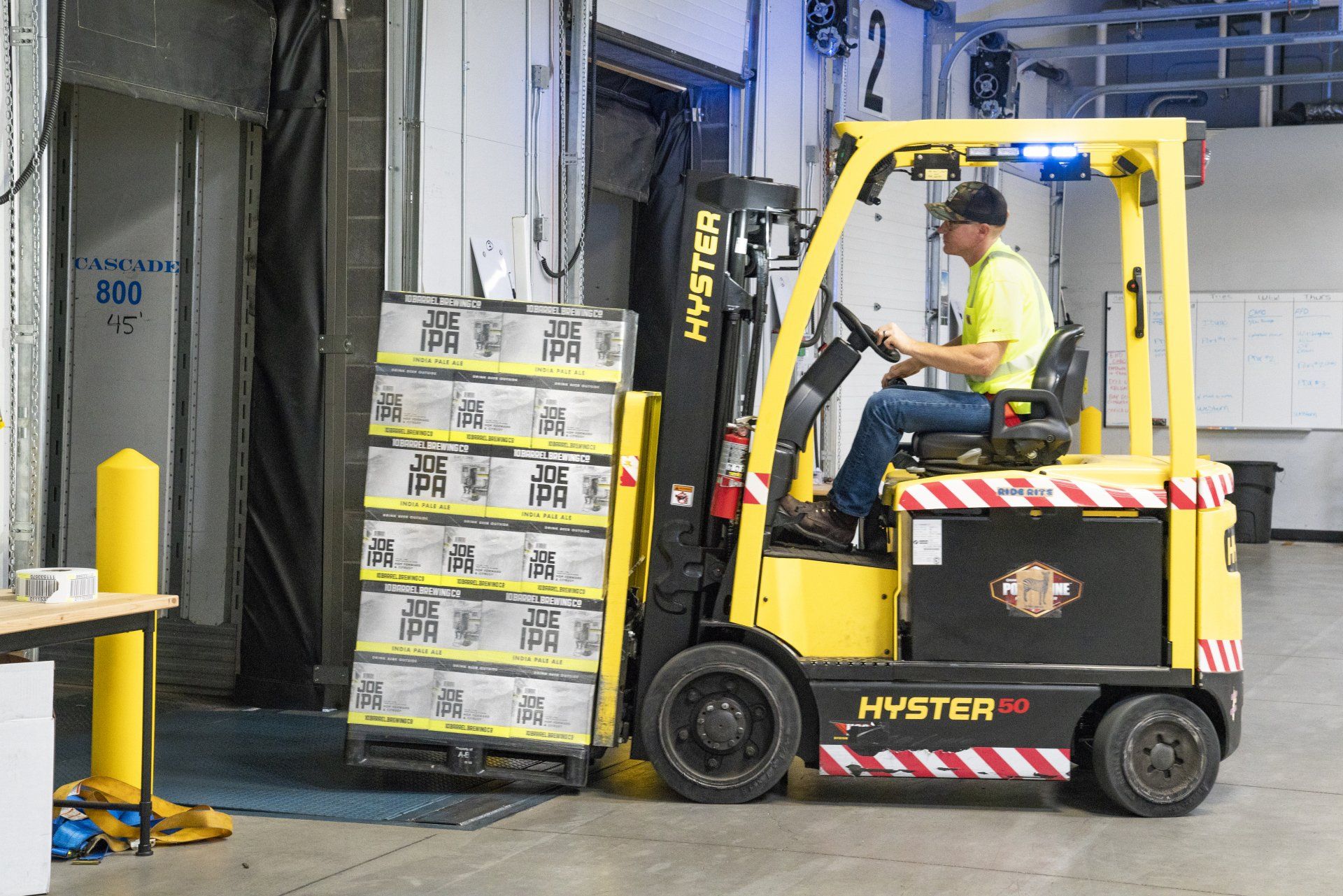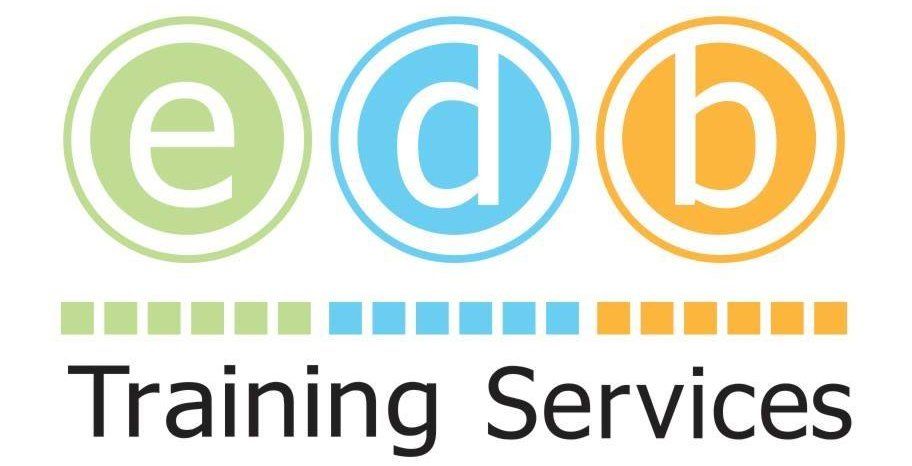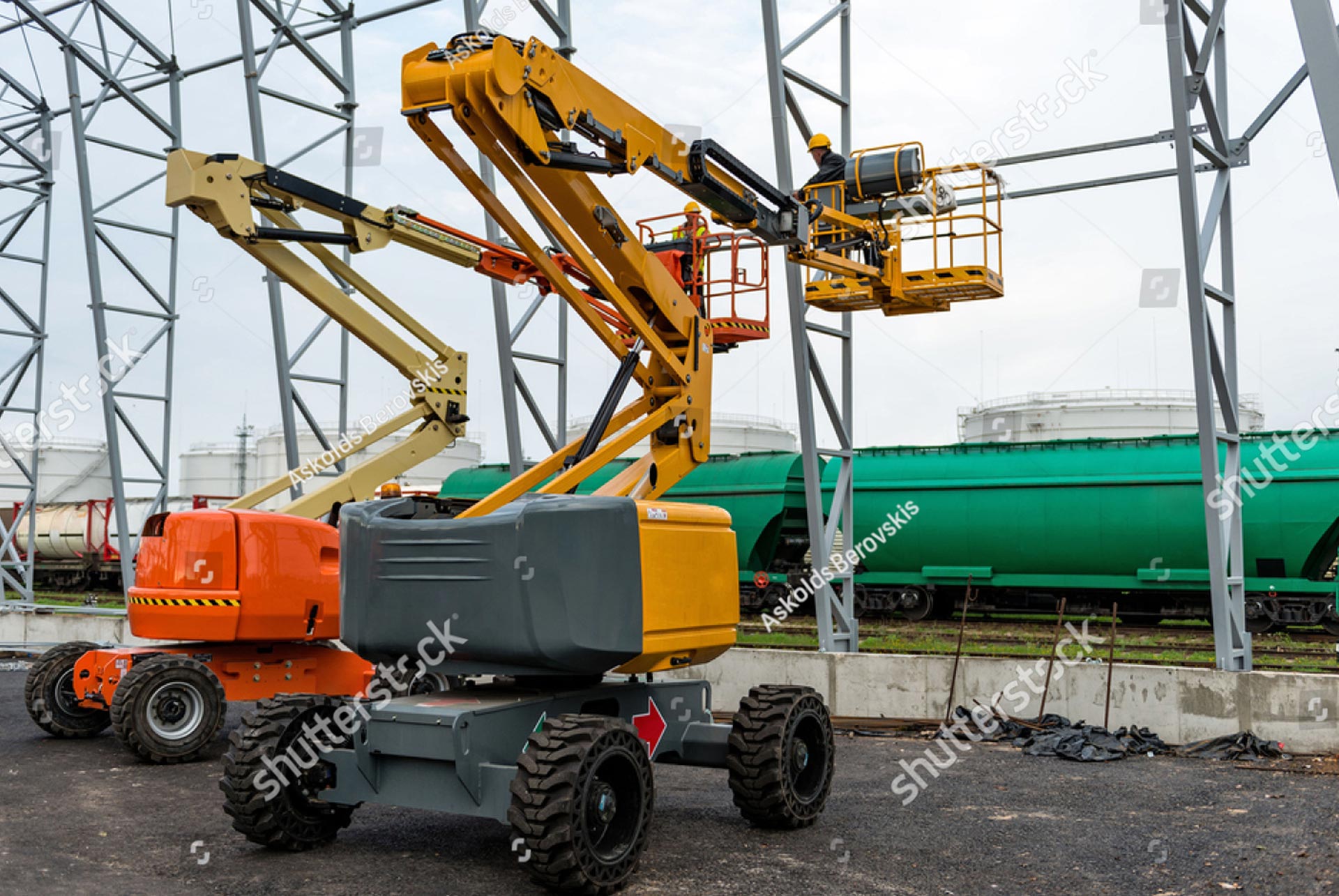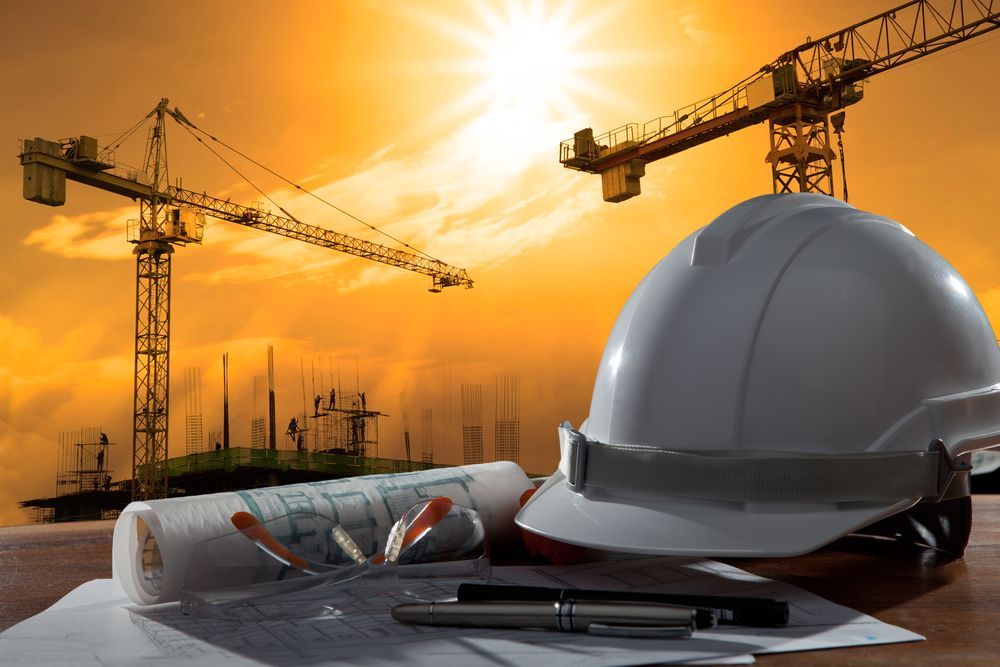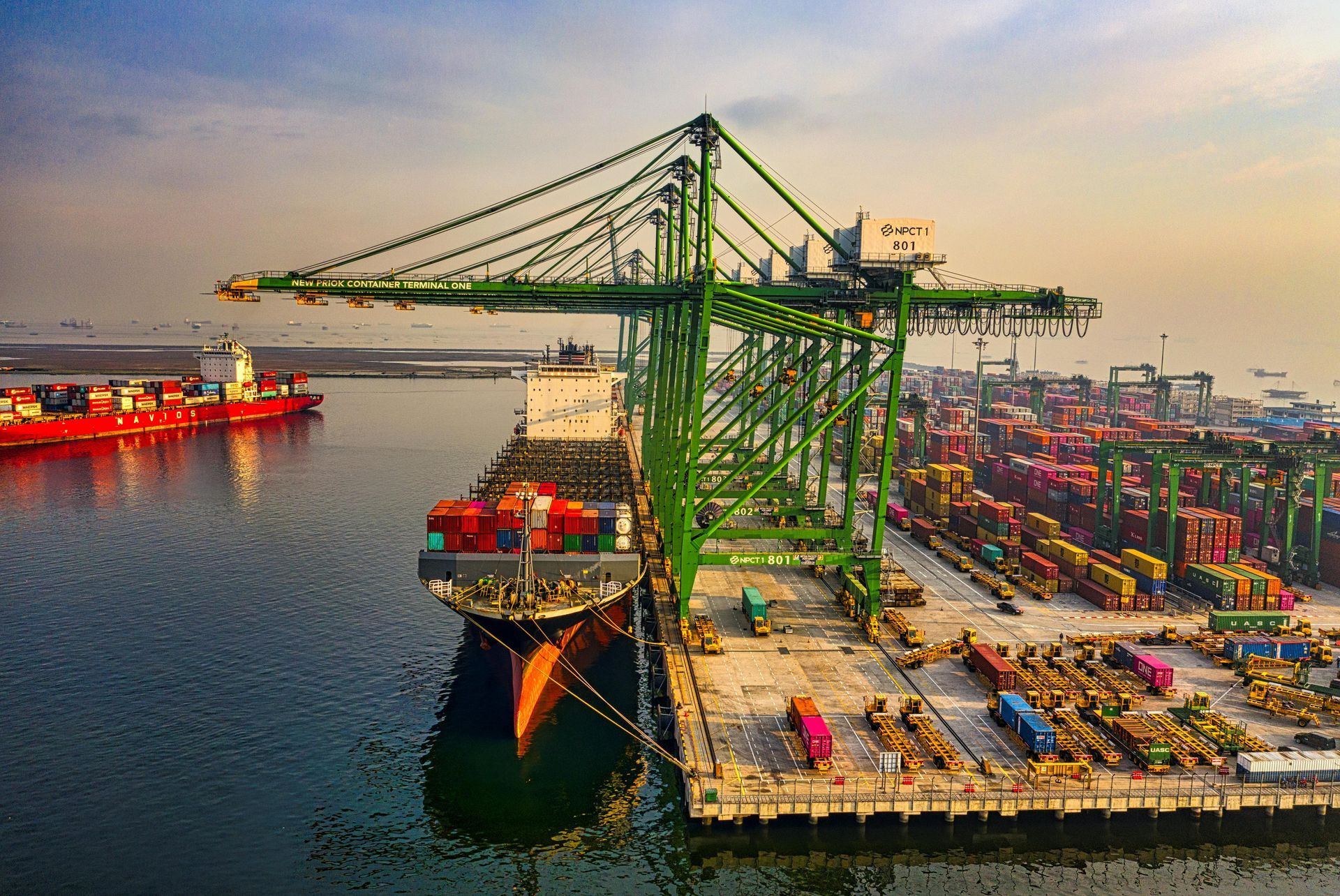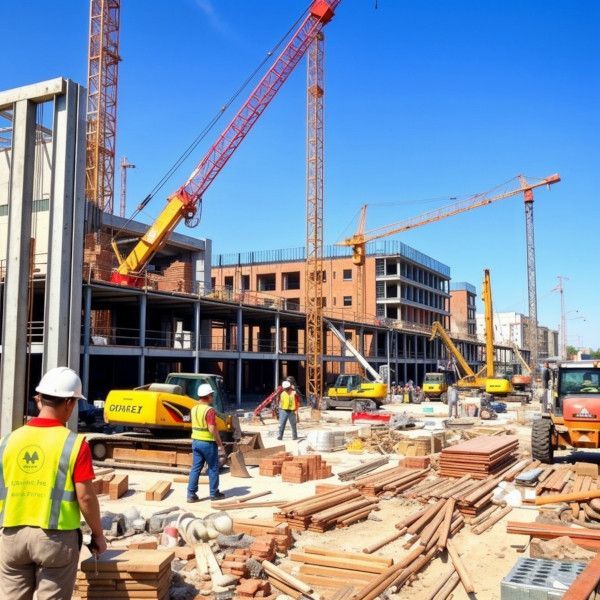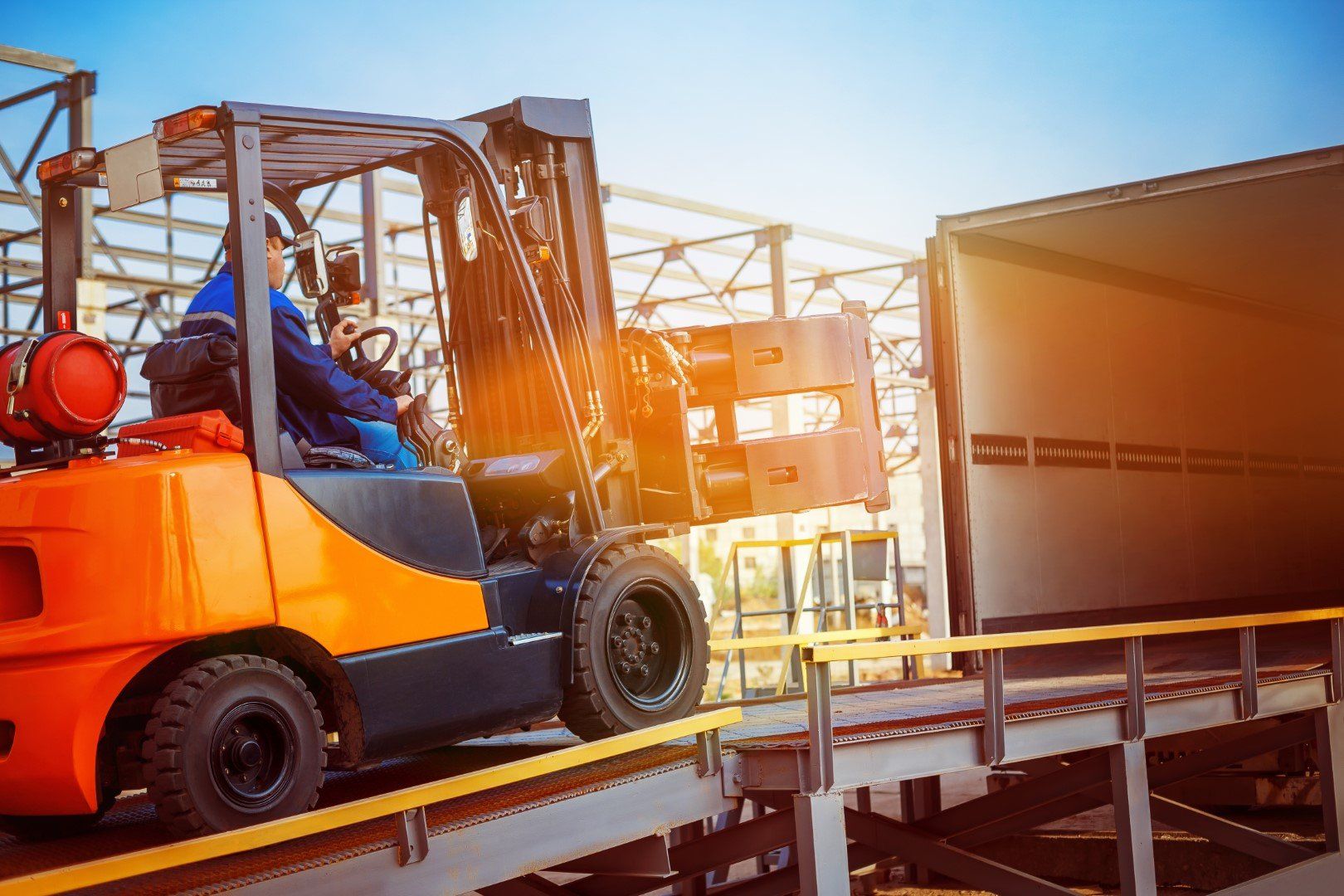How to do a Forklift Inspection in Queensland
Forklift Safety is Paramount at EDB Training Services
Conducting Essential Forklift Inspections: Key Factors in Compliance with Queensland's Forklift Licensing Laws
Forklifts are vital tools in various industries, facilitating the movement of heavy loads with efficiency
and precision. However, ensuring the safety and functionality of forklifts requires thorough inspections
conducted by trained operators. In Queensland, Forklift licensing laws mandate that operators perform
essential inspections to ensure compliance with safety standards and regulations. In this detailed blog
post, we will explore the key factors that operators must consider when conducting these essential
inspections, focusing on Queensland's forklift licensing laws as a framework for compliance.
Understanding Queensland's Forklift Licensing Laws
Overview of Forklift Licensing Requirements
In Queensland, Australia, forklift licensing requirements are established to ensure the safe operation
of forklifts in various workplace settings. These requirements are governed by specific legislation and
guidelines aimed at promoting operator competency, minimising risks, and enhancing workplace
safety. Here's an overview of forklift licensing requirements in Queensland:
Formal Training and Assessment
● Forklift operators in Queensland are required to undergo formal training and assessment
conducted by a registered training organisation (RTO) to obtain a forklift licence.
● The training programs cover essential aspects of forklift operation, safety practices, load
handling techniques, inspection procedures, and emergency procedures.
● The training curriculum is designed to equip operators with the knowledge, skills, and
competency required to operate forklifts safely and efficiently in the workplace.
Practical and Theoretical Components
● Forklift training programs typically consist of both theoretical classroom instruction and
practical hands-on training sessions.
● The theoretical component covers topics such as forklift principles, controls, stability factors,
hazard identification, and relevant regulations.
● The practical component involves supervised training in operating forklifts, manoeuvring in
various environments, performing load handling tasks, and conducting pre-operation
inspections.
Forklift Assessment and Competency Evaluation
● Upon completion of the training program, operators are required to undergo assessment and
competency evaluation to demonstrate their proficiency in forklift operation.
● Assessments may include written exams, practical skills tests, and observational
assessments conducted by qualified assessors.
● Operators must meet the required competency standards to obtain their forklift licence and be
deemed competent to operate forklifts in the workplace.
Forklift License Renewal and Ongoing Training
● Forklift licences in Queensland are typically valid for a specified period, after which operators
must undergo licence renewal to continue operating forklifts legally.
● Licence renewal may require operators to undergo refresher training or assessment to ensure
that their skills and knowledge remain current.
● Ongoing training and professional development are encouraged to keep operators updated
on industry best practices, safety regulations, and technological advancements in forklift
operation.
Employer Responsibilities
● Employers in Queensland have responsibilities regarding forklift licensing requirements,
including ensuring that all forklift operators in their workplace hold valid licences.
● Employers must provide access to appropriate training programs, resources, and supervision
to support the ongoing development and safety of forklift operators.
● Employers are also responsible for maintaining a safe working environment, conducting risk
assessments, implementing safety measures, and complying with workplace health and
safety regulations.
Forklift licensing requirements in Queensland, Australia, are designed to uphold safety standards,
promote operator competency, and mitigate risks associated with forklift operations. By adhering to
these requirements, employers and operators contribute to creating a safer workplace environment
and reducing the likelihood of accidents and injuries involving forklifts. Investing in proper training,
assessment, and ongoing compliance is essential for ensuring the safe and effective operation of
forklifts in Queensland's workplaces.
Compliance with Workplace Health and Safety Regulations
In addition to forklift licensing laws, operators must comply with workplace health and safety
regulations set forth by Workplace Health and Safety Queensland (WHSQ). These regulations
mandate the implementation of safety measures, risk assessments, and maintenance protocols to
minimise the risk of accidents and injuries associated with forklift operations.
Pre-Operation Forklift Inspection Checklist
Exterior Inspection
Operators should conduct a visual inspection of the forklift's exterior, checking for any signs of
damage, wear, or leaks. Key components to inspect include the tires, forks, mast, overhead guard,
lights, mirrors, and hydraulic systems. Any defects or abnormalities should be documented and
addressed before operating the forklift.
Interior Inspection
Inside the operator compartment, operators should verify that all controls, gauges, and safety features
are functioning correctly. This includes checking the steering wheel, pedals, seat belt, horn, brakes,
and emergency stop button. Any malfunctions or deficiencies should be reported and rectified
promptly to ensure safe operation.
Functional Inspection
Engine and Transmission
Operators should start the forklift and assess the performance of the engine and transmission. This
involves checking for smooth acceleration, responsive braking, and proper shifting of gears. Unusual
noises, vibrations, or sluggish responses may indicate underlying mechanical issues that require
attention.
Hydraulic System
The hydraulic system is critical for lifting and lowering loads safely. Operators should test the
functionality of the hydraulic controls, cylinders, and hoses to ensure smooth operation without leaks
or malfunctions. Any leaks or irregularities should be addressed promptly to prevent hydraulic failure
during operation.
Load Handling Inspection
Load Capacity and Stability
Before lifting any loads, operators should verify the forklift's rated load capacity and ensure that loads
are within the safe operating limits. Proper load distribution and securement are essential for
maintaining stability during lifting, lowering, and transporting operations. Operators should assess the
size, weight, and centre of gravity of loads to minimise the risk of tip-overs or instability.
Fork Condition and Positioning
Operators should inspect the condition of the forks, ensuring that they are free from damage, wear, or
deformities. Forks should be positioned evenly and securely under the load, with adequate clearance
between the load and the ground. Proper fork positioning helps prevent load shifts and maintains
stability during lifting and transporting.
Environmental Considerations
Surface Conditions
Operators should assess the operating environment for potential hazards such as uneven terrain, wet
or slippery surfaces, debris, or obstructions. Adverse surface conditions can affect traction and
stability, increasing the risk of accidents. Operators should exercise caution and adjust their driving
techniques accordingly to maintain stability in challenging terrain.
Weather Conditions
Weather conditions, such as rain, wind, or extreme temperatures, can impact forklift stability and
performance. Operators should be aware of weather forecasts and take appropriate precautions to
mitigate risks. This may include reducing speed, increasing following distances, or suspending
outdoor operations during severe weather conditions.
Documentation and Reporting
Inspection Records
Operators should maintain detailed records of all inspections conducted, including pre-operation
checks, functional tests, and load handling assessments. Documentation should include the date and
time of inspections, findings, any defects or deficiencies identified, and actions taken to address them.
These records serve as evidence of compliance with forklift licensing laws and workplace safety
regulations.
Reporting Procedures
Operators should follow established reporting procedures to document and escalate any safety
concerns or issues identified during inspections. This may involve notifying supervisors, maintenance
personnel, or designated safety officers of any defects, malfunctions, or hazards that require attention.
Prompt reporting helps facilitate timely repairs and ensures the continued safe operation of forklifts in
the workplace.
Operator Training and Competency
Formal Training Requirements
Under Queensland's forklift licensing laws, operators must undergo formal training and assessment
conducted by a registered training organisation (RTO) to obtain a forklift licence. Training programs
cover essential topics such as forklift operation, safety practices, inspection procedures, and
emergency procedures. Operators must demonstrate competency in these areas to obtain and
maintain their forklift licence.
Ongoing Training and Skill Development
In addition to initial training, operators should participate in ongoing training and skill development
activities to stay current with industry best practices and regulatory requirements. This may include
refresher courses, workshops, or online training modules focused on forklift safety, maintenance, and
operational techniques. Ongoing training helps reinforce safe behaviours and ensures that operators
remain competent and confident in their abilities.
Conducting essential inspections is a critical responsibility for forklift operators in Queensland, as
mandated by forklift licensing laws and workplace safety regulations. By adhering to a comprehensive
inspection checklist, operators can identify and address potential safety hazards, mechanical issues,
and environmental risks before operating the forklift. From pre-operation checks to load handling
assessments and environmental considerations, every aspect of the inspection process plays a vital
role in ensuring the safe operation of forklifts in the workplace. Remember, compliance with forklift
licensing laws and adherence to safety protocols are essential for protecting the well-being of
operators, bystanders, and maintaining a safe working environment in Queensland.
Why are Forklift Licences Important for Industry Safety in Brisbane?
In Brisbane, Australia, obtaining a forklift licence is not just a legal requirement but a fundamental step
towards ensuring safety in various industries. The bustling industrial landscape of Brisbane, with
warehouses, construction sites, and distribution centres, demands a high level of competence and
responsibility when operating forklifts. Here's why a forklift licence is vital for safety in these industries:
First and foremost, a forklift licence signifies that an operator has undergone comprehensive training
on the safe and efficient operation of forklifts. This training covers essential aspects such as load
handling, manoeuvring, and understanding the mechanical components of the forklift.
Brisbane, being a hub for logistics and manufacturing, witnesses a constant flow of goods and
materials. Forklifts play a pivotal role in these operations, and a licensed operator is equipped with the
knowledge to navigate the diverse challenges posed by busy warehouses and construction sites.
Safety regulations in Brisbane, as mandated by workplace health and safety authorities, require forklift
operators to hold a valid licence. Compliance with these regulations not only ensures legal adherence
but, more importantly, contributes to a safer work environment. Licensed operators are better
equipped to assess and mitigate potential risks, reducing the likelihood of accidents, injuries, and
damage to goods.
Ultimately, a forklift licence in Brisbane is a testament to an operators commitment to safety and
professionalism, fostering a culture of responsibility within the industrial landscape of the city.
EDB Training Services are your best option for a comprehensive forklift training course in Brisbane. We can perform the training at aiour facility in Capalaba or onsite at your premises.
